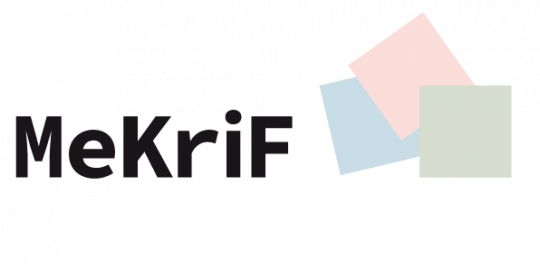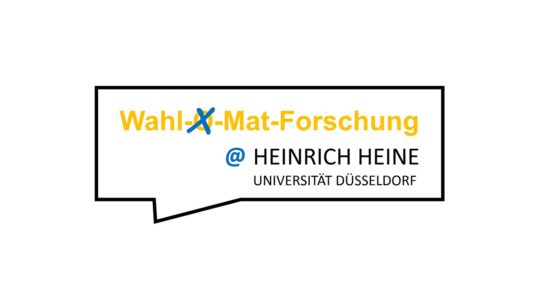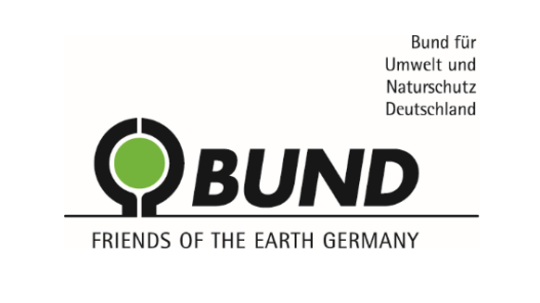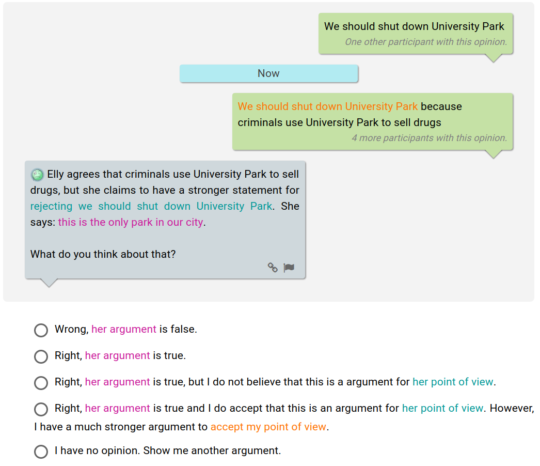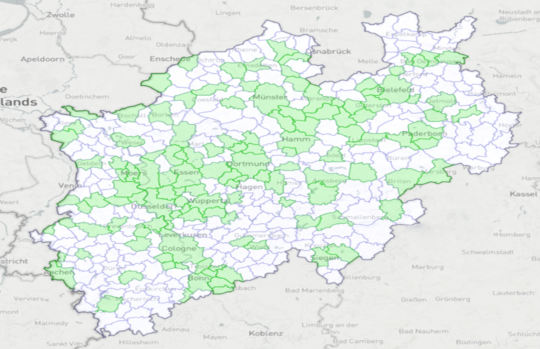While the research interests comprise more general issues and fields, the DIID-based projects are in the process of being implemented. They are funded research projects or serve to prepare longer-term initiatives, deal with sub-questions or are continuations of existing projects of DIID researchers.



